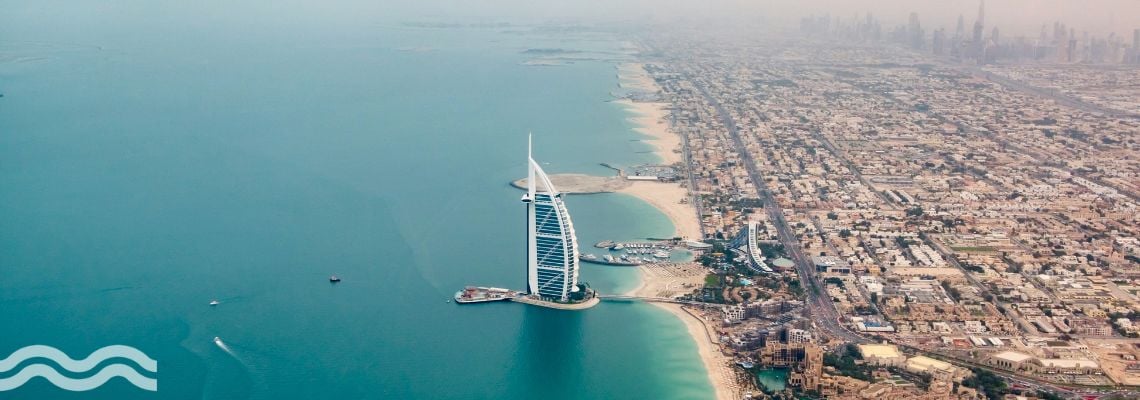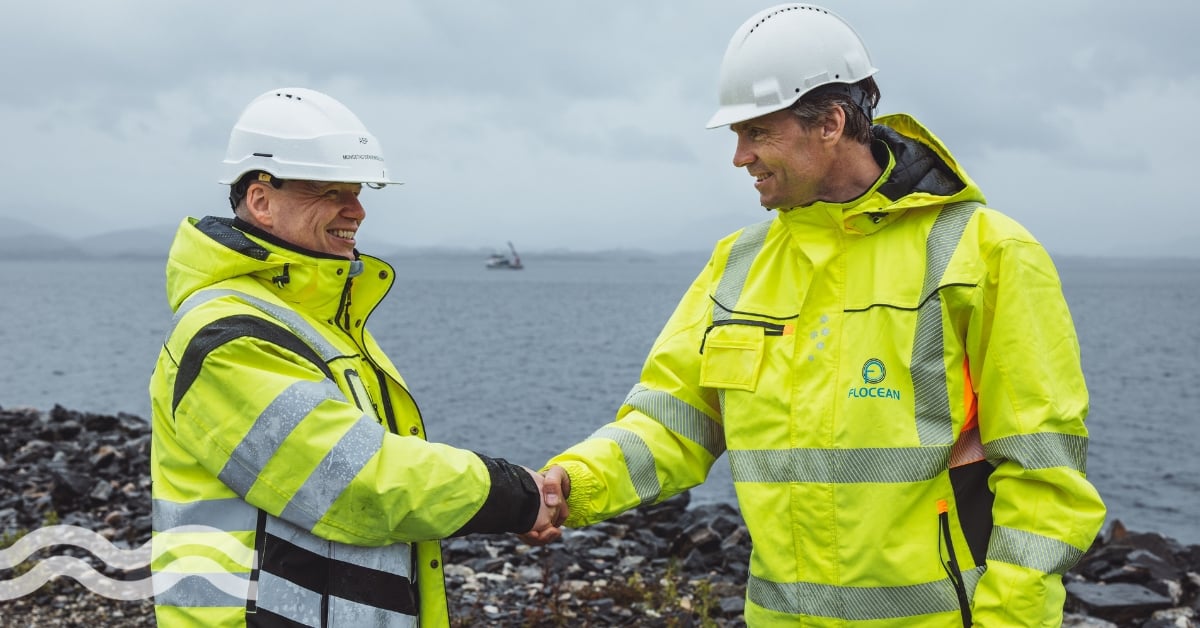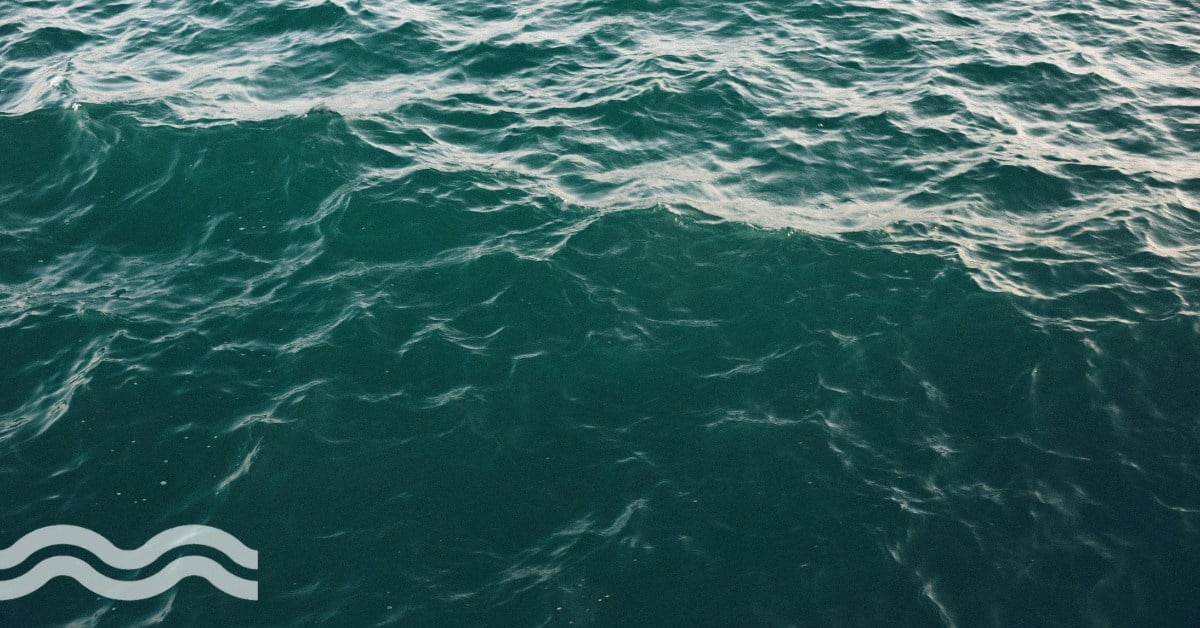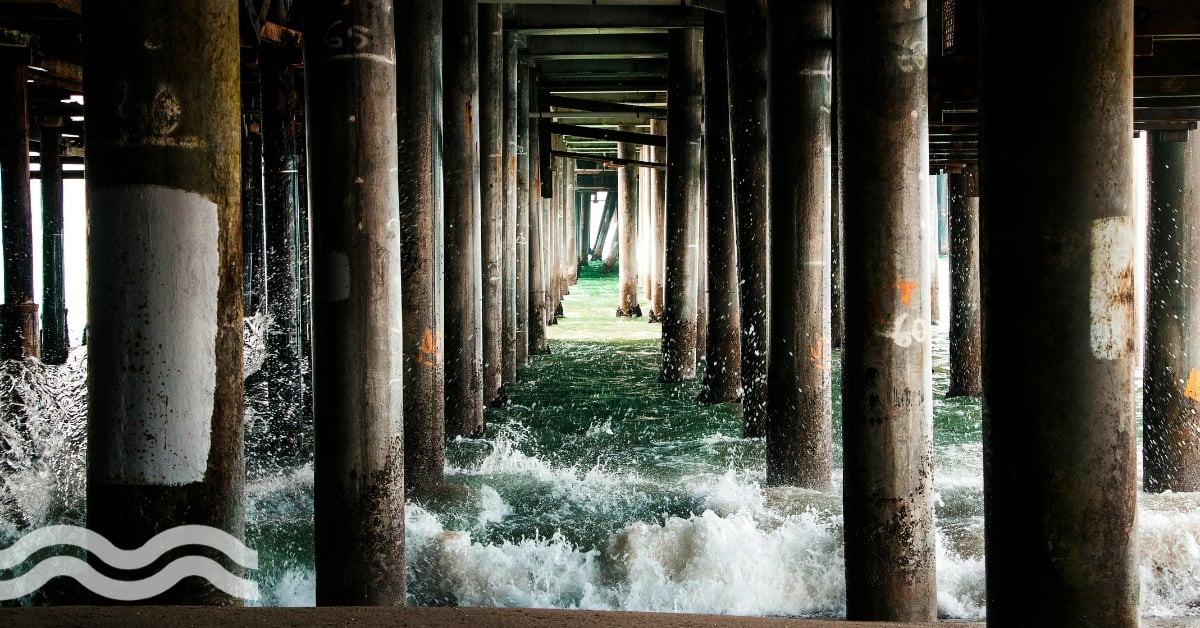Largest solar-powered RO plant to be supplied by Veolia

Veolia will supply and engineer key technology at the Hassyan seawater desalination plant in Dubai, United Arab Emirates (UAE), which its commissioners claim will be the second largest reverse osmosis plant in the world and the largest powered solely by solar energy.
Hassyan seawater desalination plant
Commissioned by Dubai Electricity and Water Authority (DEWA) and ACWA Power, the plant is scheduled to open in 2026, before becoming fully operational in 2027. It represents a total investment worth €848 million.
The commissioners state that when operating at full capacity it will be the second largest reverse osmosis plant in the world and the largest powered solely by solar energy. It will have a capacity of 818,000 m3/d and provide safe and reliable drinking water for two million people.
Many countries are turning increasingly to desalination plants to meet fresh water demands.
Dubai’s sustainable water strategy
The plant forms part of Dubai’s broader strategy of sustainably increasing water desalination capacity, to support increasing demand for water in both domestic and commercial settings. Water security as a national priority is outlined in the UAE Water Security Strategy 2036. The aim of the strategy to ensure ‘sustainable and continuous access to water during natural and emergency conditions’.
HE Saeed Mohammed Al Tayer, managing director and CEO of DEWA, said: “The initiative supports Dubai’s Integrated Water Resources Management Strategy 2030, which emphasises resource optimisation and the adoption of cutting-edge technologies and innovative solutions.”
It also supports the objectives of many of other national strategies, such as the Dubai Urban Plan 2040, Dubai’s Integrated Water Resources Management Strategy 2030, Dubai Clean Energy Strategy 2050 and the Dubai Net Zero Carbon Emissions Strategy 2050. As part of the latter strategy, the use of renewable energy for seawater desalination is a national priority.
The desalination plant achieves the aims of the above strategies by powering the plant using solar energy, and by using reverse osmosis to extract fresh water from seawater, which requires less energy than multi-stage distillation plants.
DEWA has ambitious plans to produce 100 per cent of Dubai’s desalinated water using clean energy and waste heat by 2030.
Veolia technology
Veolia will supply and engineer the key pre- and post-treatment technology at the plant, through its subsidiary SIDEM, after winning a contract worth €295 million.
A Veolia spokesperson told Aquatech Online: “The RO technology being used is a two-pass SWRO (seawater reverse osmosis) membrane system. In order to optimise energy consumption, the Hassyan Plant will be operated between 43% and 45% seawater temperature and salinity.”
The pretreatment is designed in two phases to optimise both footprint and power consumption: first, dissolved air flotation via SIDEM’s in-house Spidflow technology, then using dual media filters.
The spokesperson added: “Before discharging, the brine's temperature, salinity and other key parameters will be controlled to ensure discharge meets with environmental requirements.”
Estelle Brachlianoff, chief executive officer of Veolia, said: “All over the world, people are looking for solutions to climate change. The watchword is adaptation: at Veolia, we have solutions to act as a catalyst for ecological transformation, which is the thrust of our GreenUp strategic plan. This latest achievement confirms our leading position in water technologies.”


